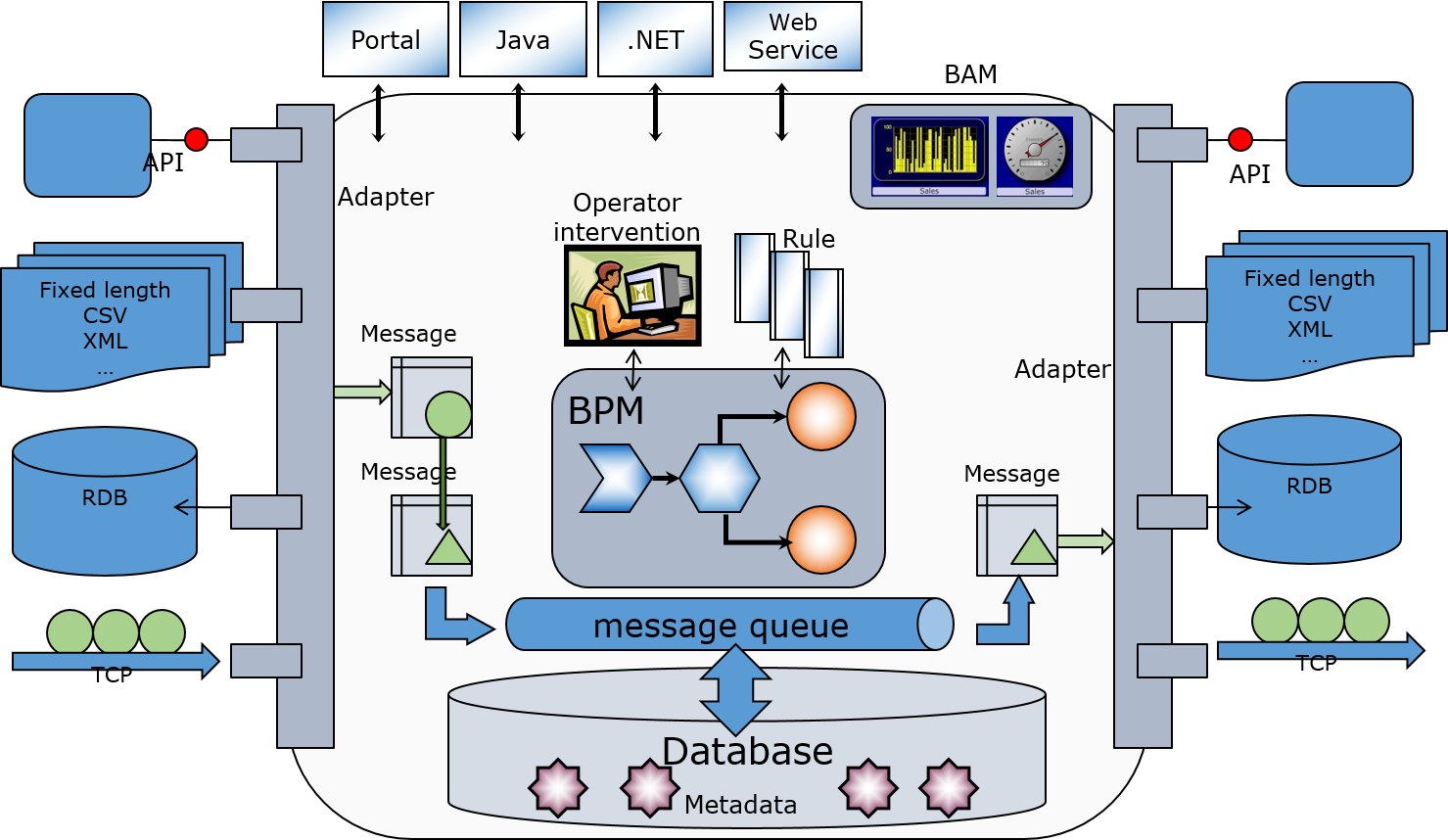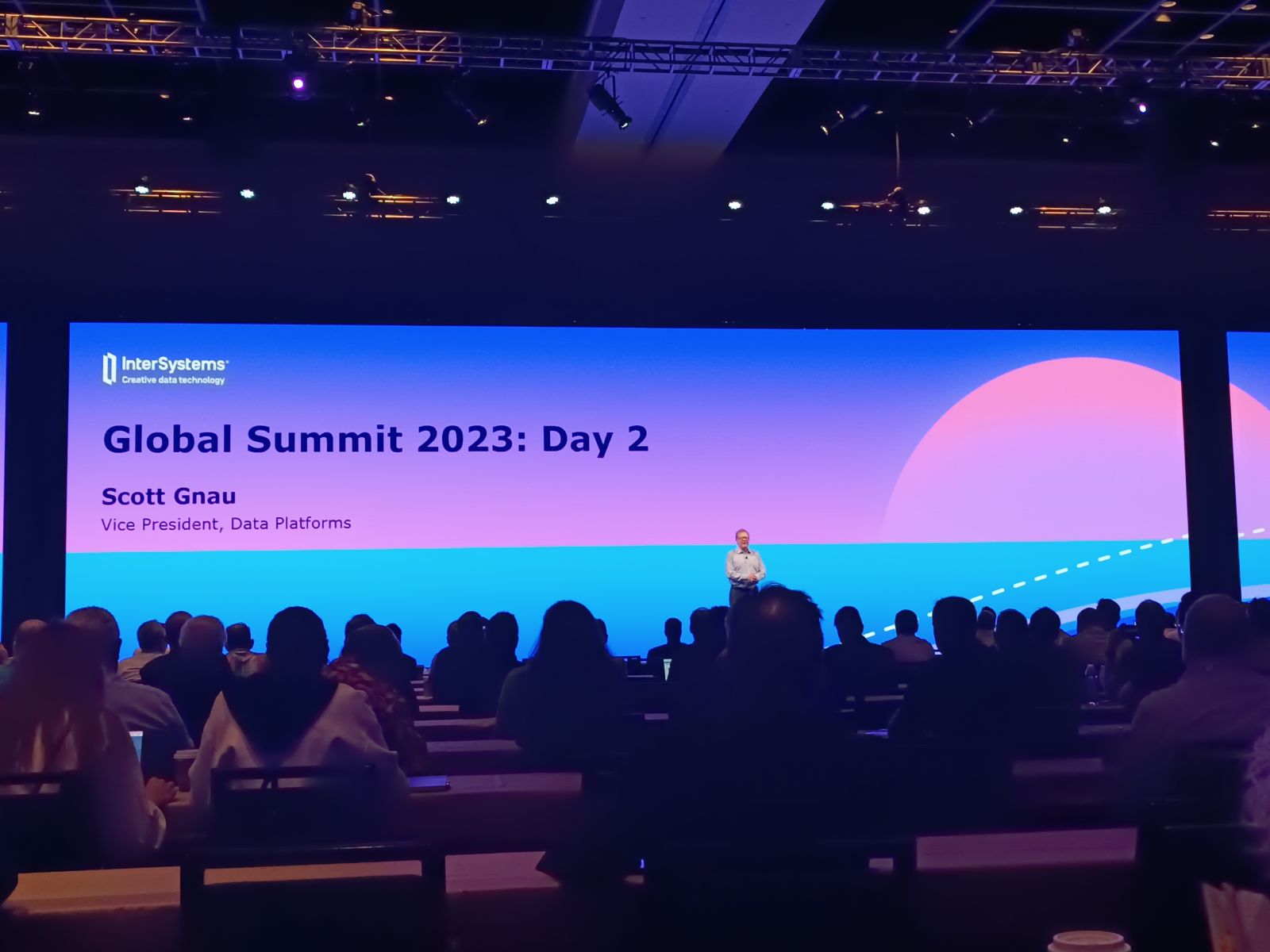Presenter: Joe Gallant
Task: Create a good analytical data model
Approach: Discuss what makes a good analytical data model. Provide examples of using DeepSee’s APIs for building custom dimensions, measures, and KPIs
Data models are the foundation of effective analytics. This session focuses on the factors that make good analytics data models.
Content related to this session, including slides, video and additional learning content can be found here.


.png)

.png)

.png)